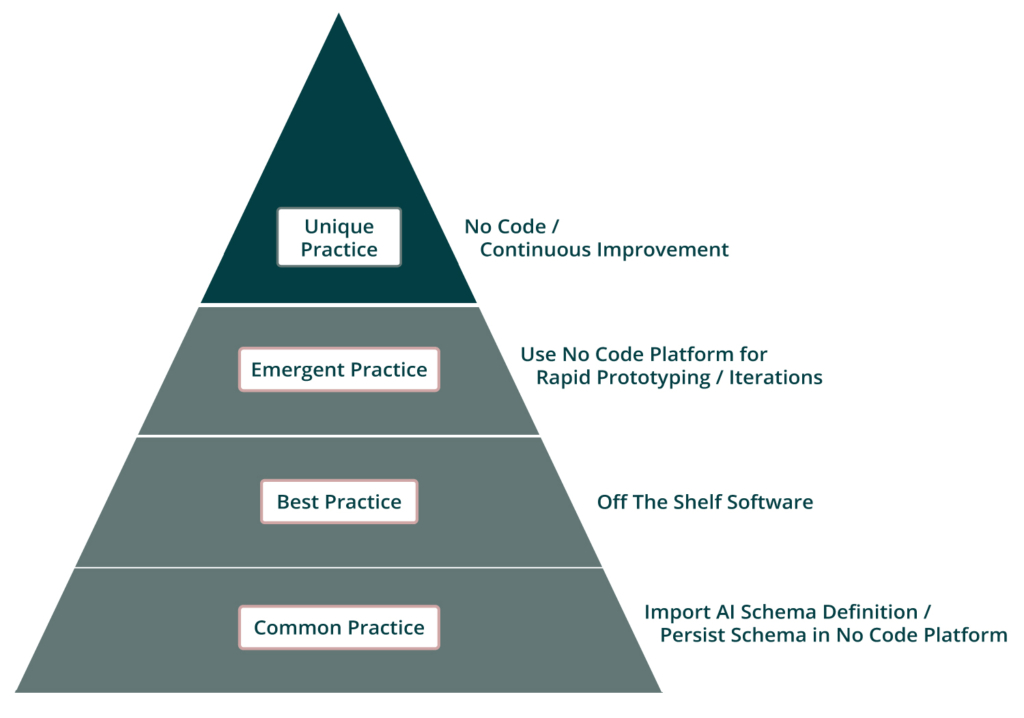We use it to enhance efficiency and ensure integrity

A new report says few people are using “much-hyped” artificial intelligence (AI) products such as ChatGPT.
Researchers surveyed 12,000 people in six countries, including the UK. It found two per cent of British respondents use AI tools on a daily basis.
Dr Richard Fletcher is the report’s author. He told the BBC there was a “mismatch” between the “hype” around AI and the “public interest” in it.
“Large parts of the public are not interested in generative AI. Thirty per cent of people in the UK say they have not heard of the most prominent products,” Dr Fletcher said.
The Reuters Institute and Oxford University conducted the study. Subjects in Argentina, Denmark, France, Japan, the UK, and the USA responded to an online questionnaire.
“People are optimistic about the use of generative AI in science and healthcare. But more wary about it being used in news and journalism. And they are worried about the effect it might have on job security.”
Research showed that everyone, including governments and regulators, should apply nuance to the debate around AI, he said.
At Agilebase, we agree. We recognize the concerns surrounding this powerful technology. We want to be transparent and explain how we harness AI to benefit our clients. We want to maintain our commitment to ethical practices and data security.
Artificial intelligence (AI) is becoming important in the business world. In our experience, it makes us and our clients 20% more productive.
Agilebase uses AI to enhance this productivity within a controlled environment. We use AI to assist with three well-defined tasks. These tasks streamline our clients’ workflow but do not compromise their data.
First, we apply AI in the initial setup of our clients’ systems.
Facing a “blank page” can be daunting, even with an intuitive, no-code CRM system such as Agilebase. Generative AI (Gen AI ) is great at providing a first draft.
A client provides a description of the system they want to create. Then, our AI tool generates a suggested schema, complete with tables and fields.
This allows our clients to establish a foundation for their database fast.
“Facing a blank page can be daunting. Gen AI is great at providing a first draft.”
Secondly, we use Gen AI to generate test data to populate the system once it’s created. Instead of manually inputting sample records, our AI tool can create realistic data points in seconds.
This accelerates the testing process. It means our clients can see their systems in action and make necessary adjustments.
Thirdly, we use AI to assist with complex SQL calculations. AI helps our clients navigate intricate queries and computations with ease and precision.
Our AI tools operate within defined parameters. We ensure that they serve as helpful assistants.
We do not use AI for tasks that need subjective decision-making. Or that could have unintended consequences. Our AI systems do not have access to sensitive information. All data used for training or testing is anonymized and protected.

In general, we find AI is good at helping with “Common Practice.” That is approaches that are widely used and accepted within a particular industry. But there are limits to its value. Few organisations can survive, let alone thrive, by being average. When everyone in a sector uses Gen AI for common practice, the competitive advantage of using AI is limited.
Emergent practice describes innovative approaches more valuable than common practice. Emergent practices are in the early stages of development. Here Gen AI may help with rapid prototyping. Unique practice describes the top of the pyramid. Organisations will select elements of Common Practice and refine them until they support the things that make an organisation unique.
That is the positive side to AI. Agilebase is aware there are negative sides to using AI.
Gen AI’s creators have hyped its accomplishments. Claims about its performance have been re-examined.
A year ago, ChatGPT-4 said its AI model had aced the US uniform bar exam. A re-examination by M.I.T. researcher Eric Martínez revealed the AI scored in the 48th percentile, not the 90th, as OpenAI claimed.
Google claimed it used A.I. to discover more than two million new chemical compounds. A re-examination by experimental materials chemists at the University of California, Santa Barbara, proved otherwise. It found “scant evidence for compounds that fulfil the trifecta of novelty, credibility and utility.”
AI doesn’t always improve the quality of tasks it’s supposed to excel at, like computer programming. In a test, a software programming task took a gen A.I.-powered agent called Devin over six hours. It took a human 36 minutes to do the same task.
AI companies are running out of new data to train their models. And they are running out of energy to fuel their power-hungry machines.
Meanwhile, legal challenges brought by the New York Times among others about the use of data without consent, are a threat. They could further limit the quality of data available for training.
By definition, Gen AI produces mediocre work. It may have to compete on price rather than quality. That could lead to the deflation of the AI investment bubble.
The “philosophical” theories surrounding AI are crackpot. Critics note that affluent white men at elite institutions have crafted Effective Altruism and Long-Termism. They want to impose their peculiar, self-serving vision on the rest of humanity.
Critics have asked whether society should invest money, electricity, and human talent in incremental improvements to mediocre AI. Society could use those resources to move away from fossil fuels.
At Agilebase, we believe AI technology is here to stay. It has value. We cannot abandon it. But we should be realistic. The ideal future promised by AI proponents may never materialize.
At Agilebase, we always keep in view a famous quote by economist John Maynard Keynes. In his 1923 work, A Tract on Monetary Reform, he explained why the long run is a misleading guide to current affairs. “In the long run we are all dead,” he said. At Agilebase we limit ourselves to how AI improves enterprise software right now.
We are dedicated to using this technology in a manner that aligns with our values and benefits our clients.
By being open about our practices, we can harness the power of AI while maintaining the trust and confidence of those we serve.
